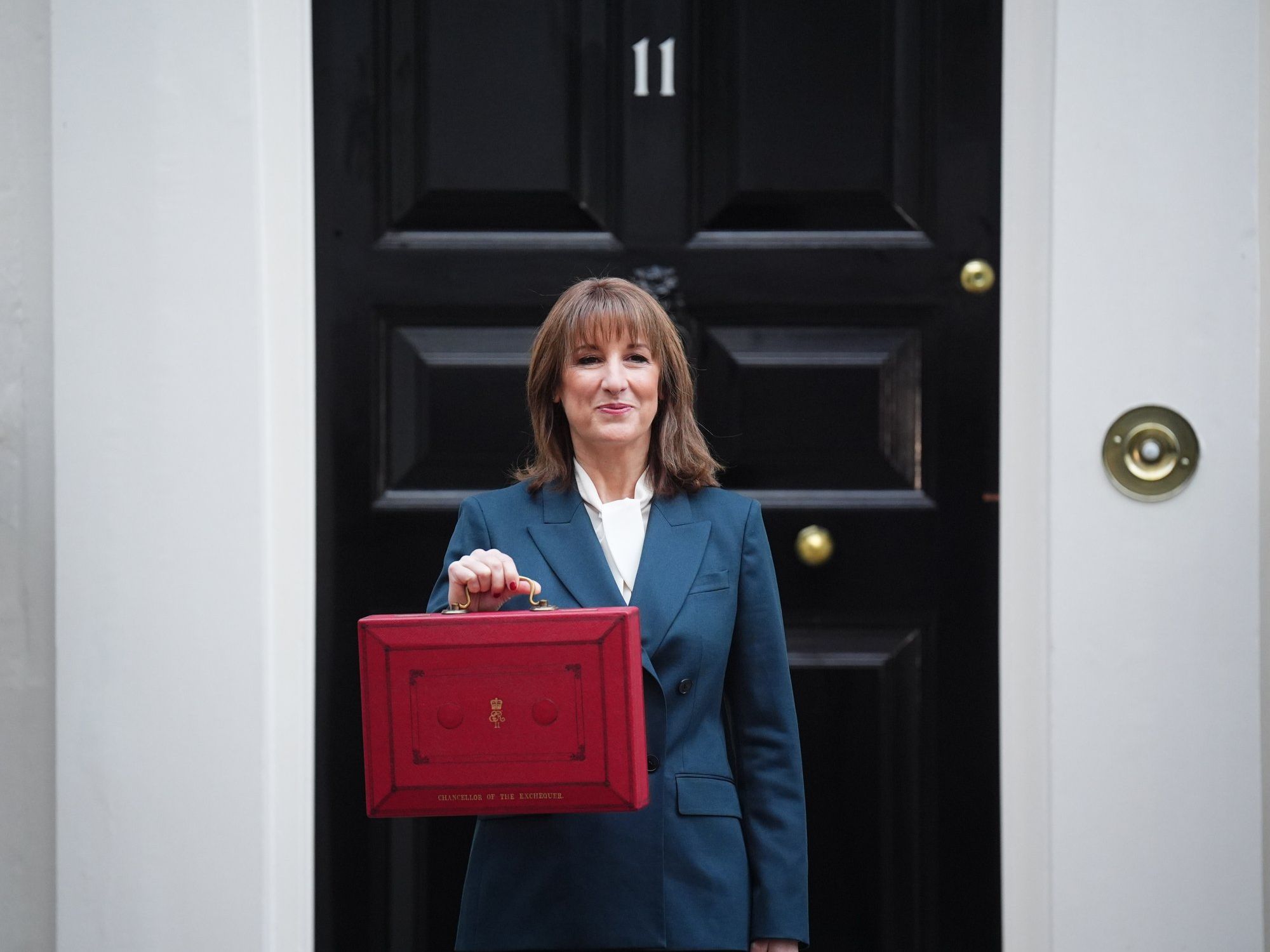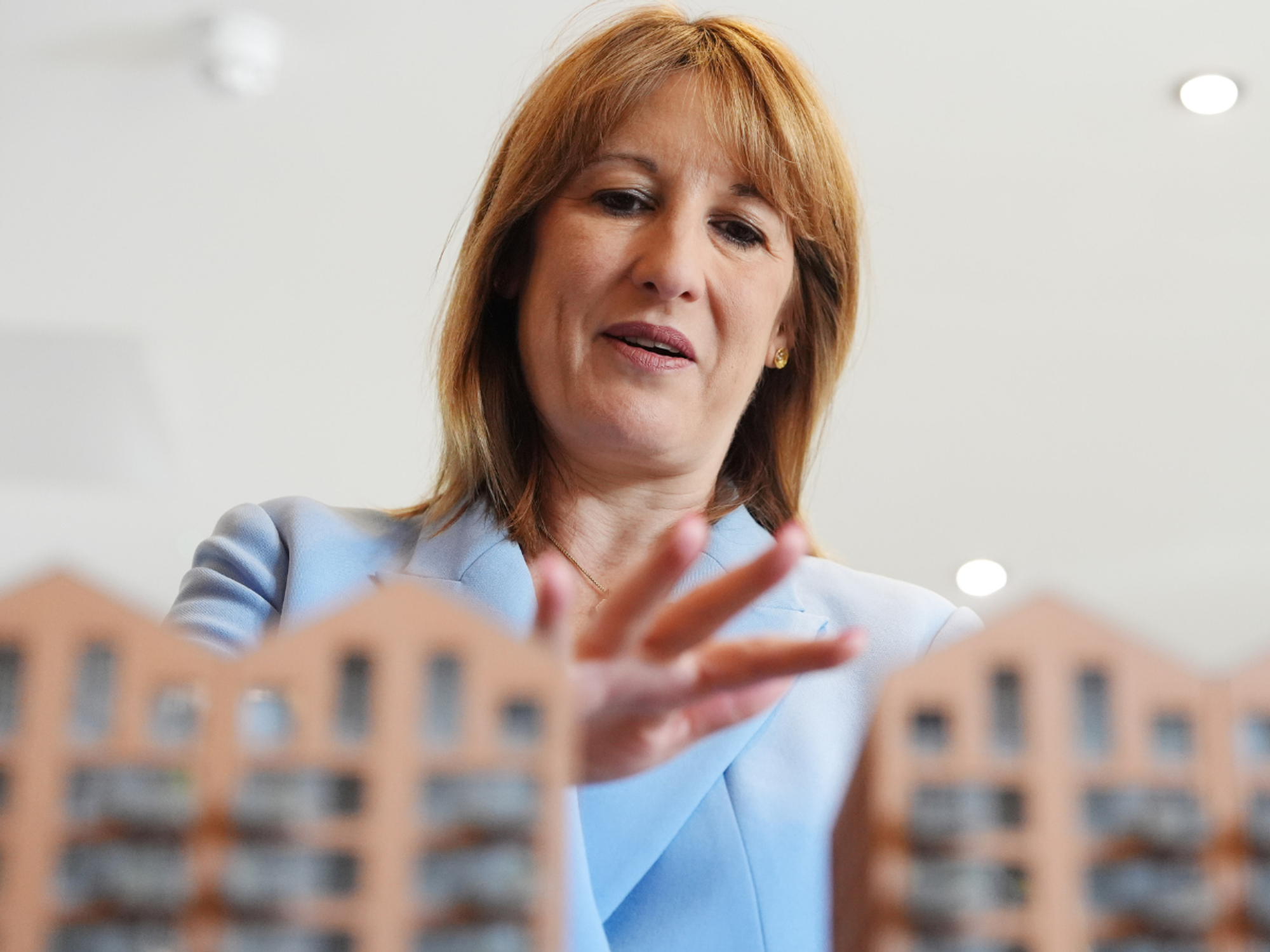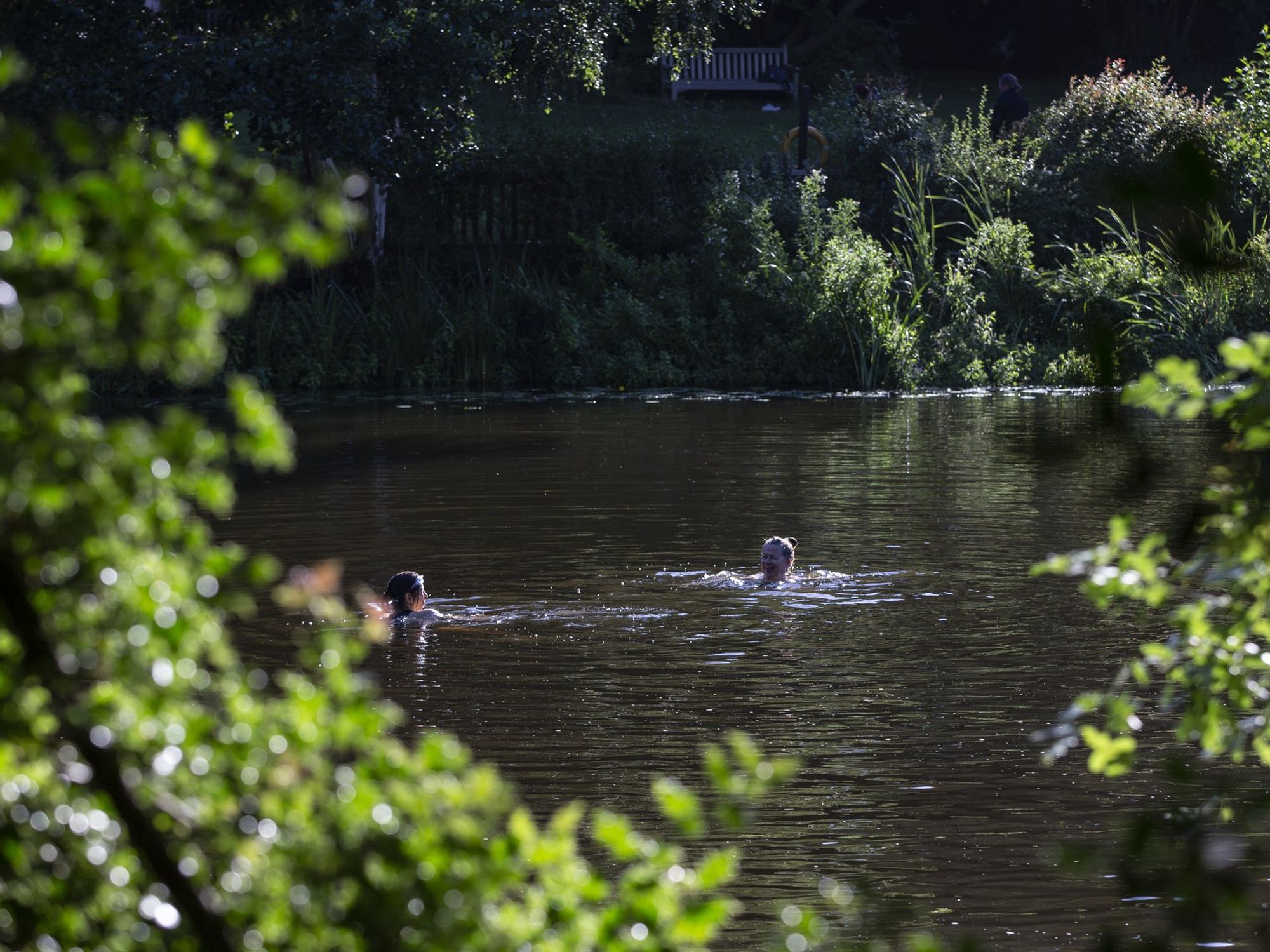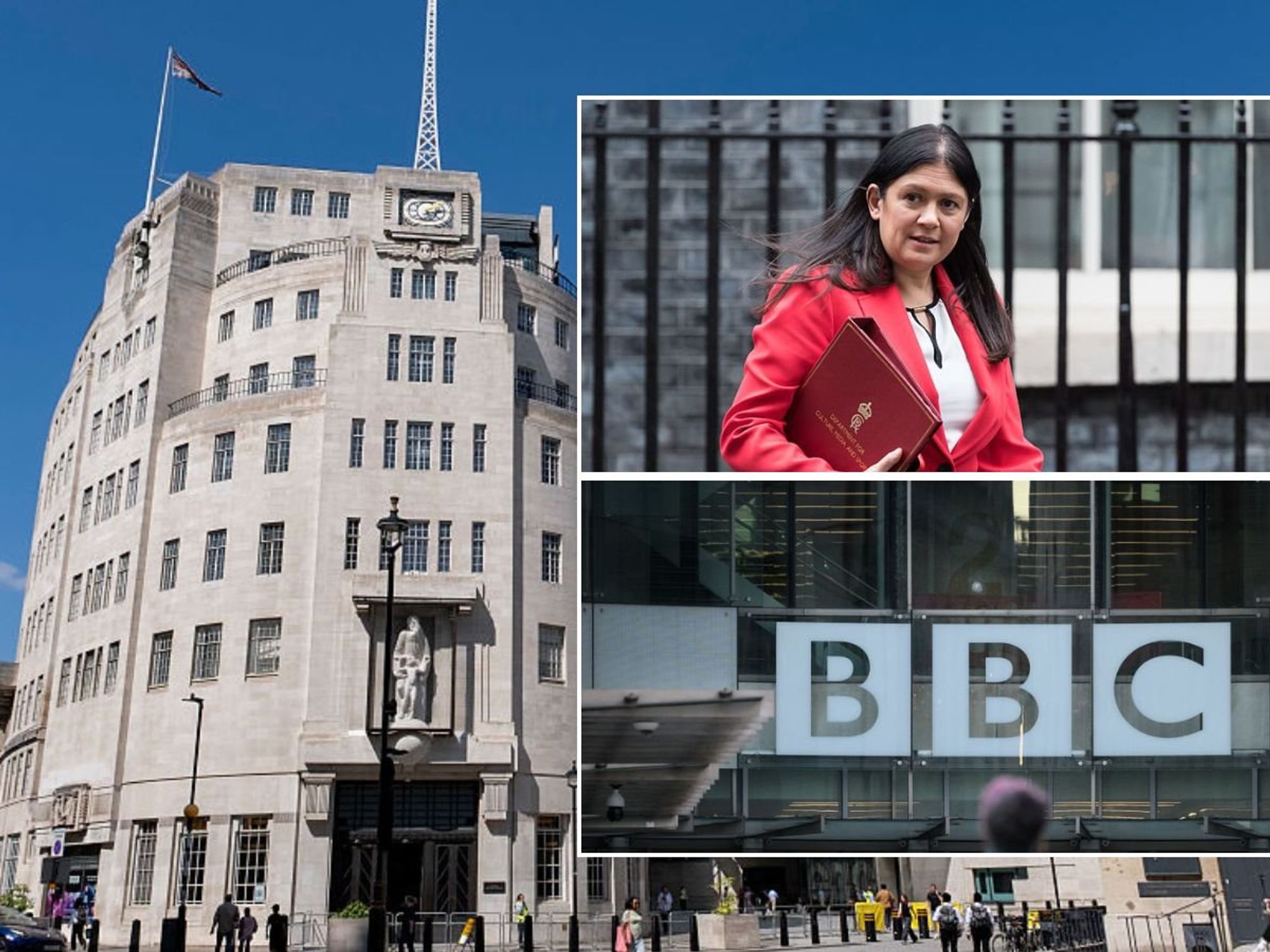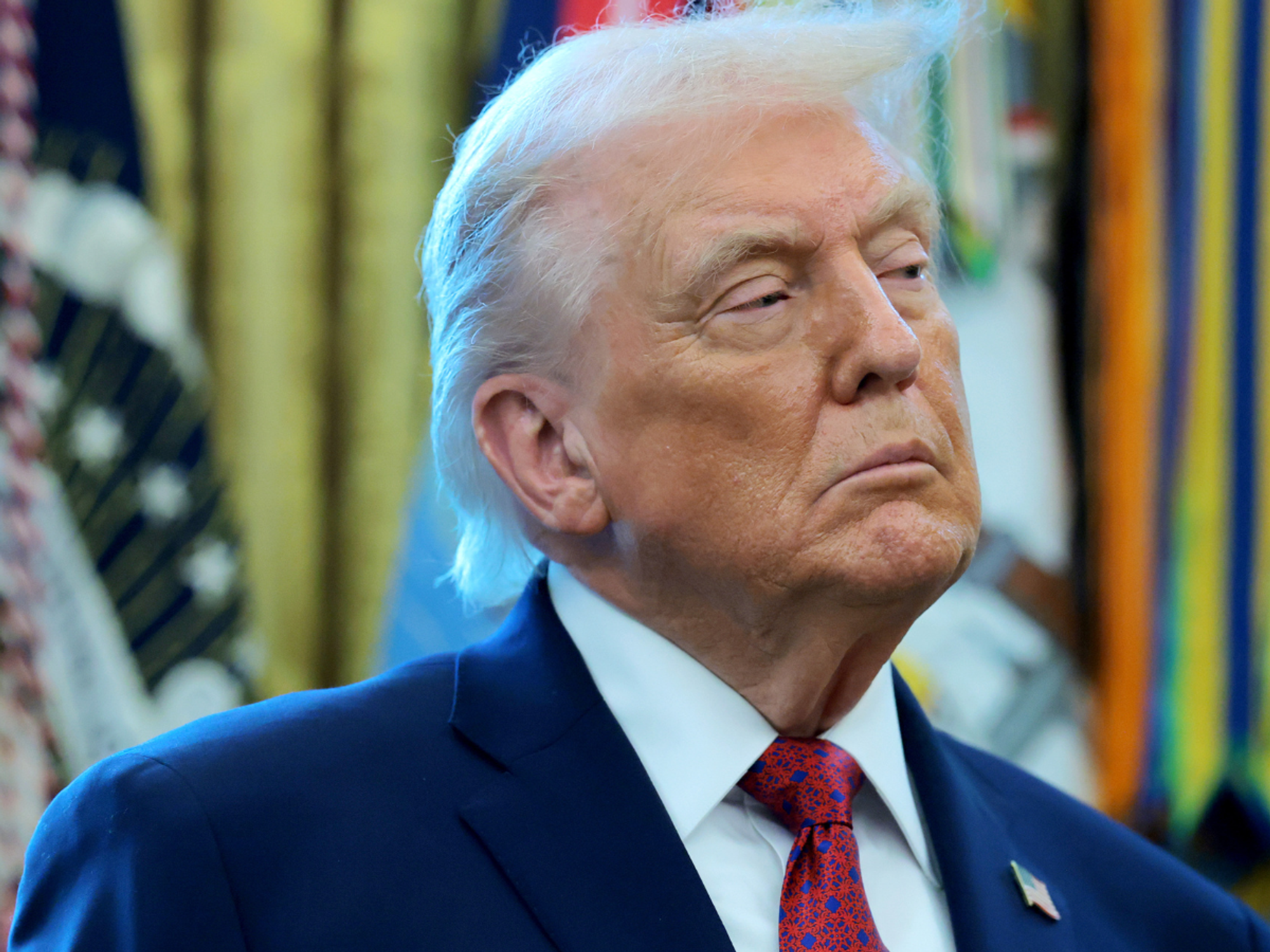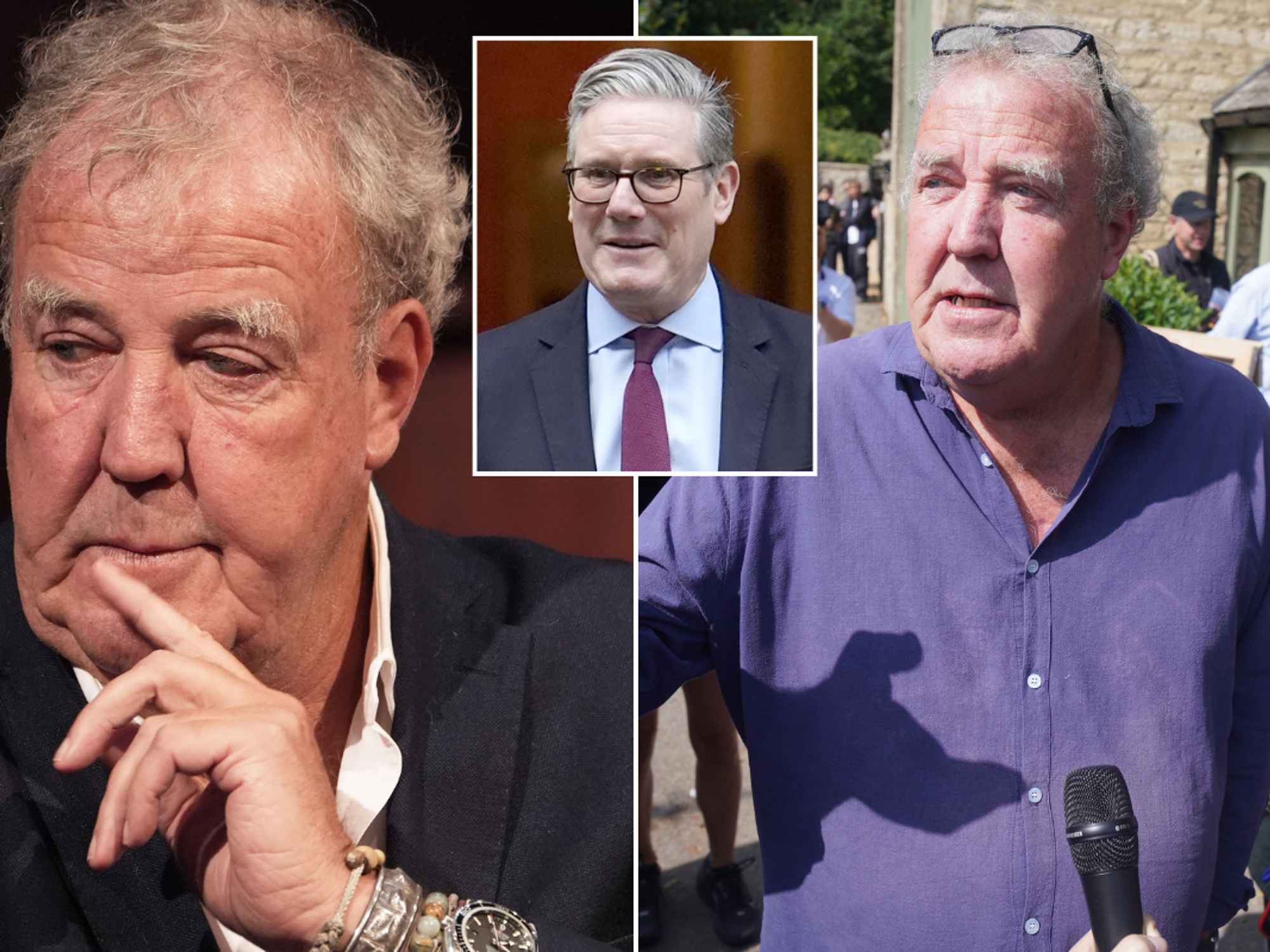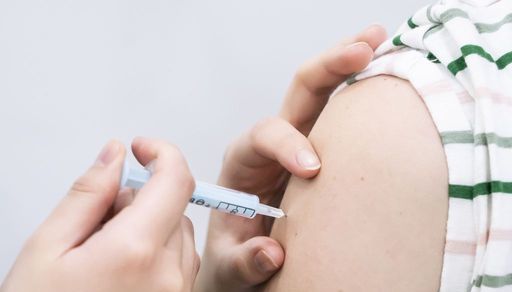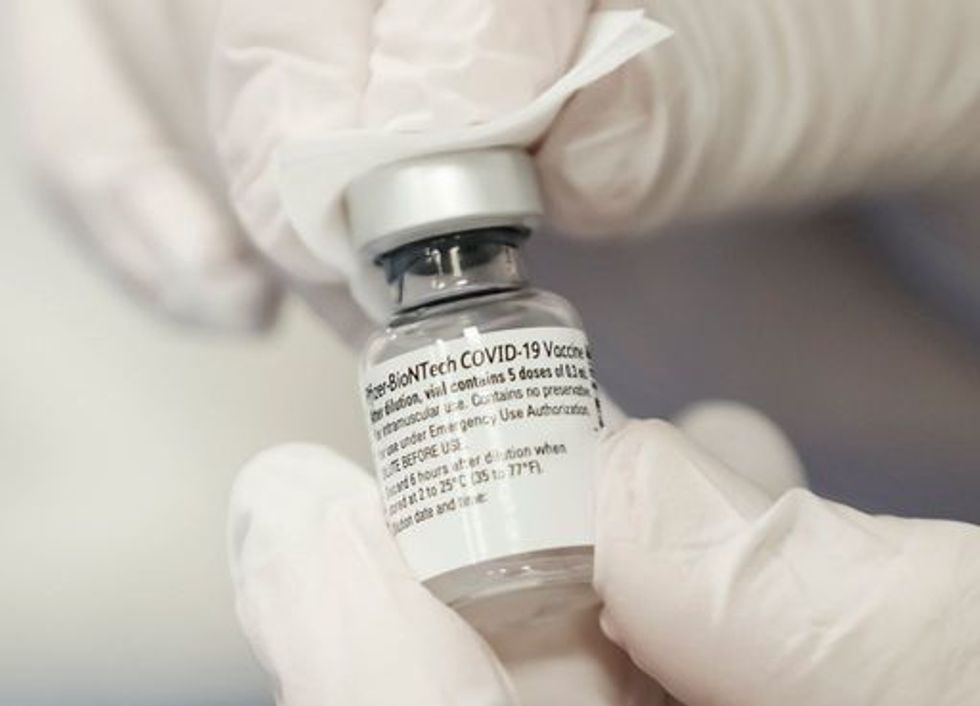Cancer vaccine could become available in 2023, according to scientists behind Covid-19 jab
The husband and wife behind the team of one of the most successful Covid jabs have said patients could have access to Cancer vaccines within the next decade.
Don't Miss
Most Read
Latest
German couple Professors Ugur Sahin and Ozlem Tureci said they are hesitant to say they can find a cure for cancer, but that they have had 'breakthroughs' that they will keep working on.
They said the development and success of the Pfizer/BioNTech vaccine against Covid-19 which became widely rolled out in the pandemic 'gives back to our cancer work'.
Their use of mRNA technology came into its own in the pandemic, and the couple said that experience has helped to spur on their work.
Cancer vaccines could become available as early as 2030
Danny Lawson
While conventional vaccines are produced using weakened forms of a virus, mRNAs use only a virus’s genetic code.
An mRNA vaccine is injected into the body, where it enters cells and tells them to create antigens which are then recognised by the immune system and prepare it to fight the disease.
Asked when cancer vaccines might be accessed by many patients around the world, Prof Sahin said it could happen 'before 2030'.
Prof Tureci said: “What we have developed over decades for cancer vaccine development has been the tailwind for developing the Covid-19 vaccine, and now the Covid-19 vaccine and our experience in developing it gives back to our cancer work.
Ugur Sahin and Ozlem Tureci were the scientists behind the BioNTech Covid-19 vaccine
Danny Lawson
“We have learned how to better, faster manufacture vaccines. We have learned in a large number of people how the immune system reacts towards mRNA.”
She said the developments have also helped regulators learn about mRNA vaccines and how to deal with them.
She added: “This will definitely accelerate also our cancer vaccine.”
Taking a positive yet cautious approach, Prof Tureci said: “As scientists we are always hesitant to say we will have a cure for cancer.
“We have a number of breakthroughs and we will continue to work on them.”
In August, Moderna said it was suing BioNTech and its partner, US pharmaceutical giant Pfizer, for patent infringement over the company’s Covid-19 vaccine.
Asked about that during the interview on BBC's Sunday with Laura Kuenssberg, Prof Sahin said: “Our innovations are original. We have spent 20 years of research in developing this type of treatment and of course we will fight for our intellectual property."






